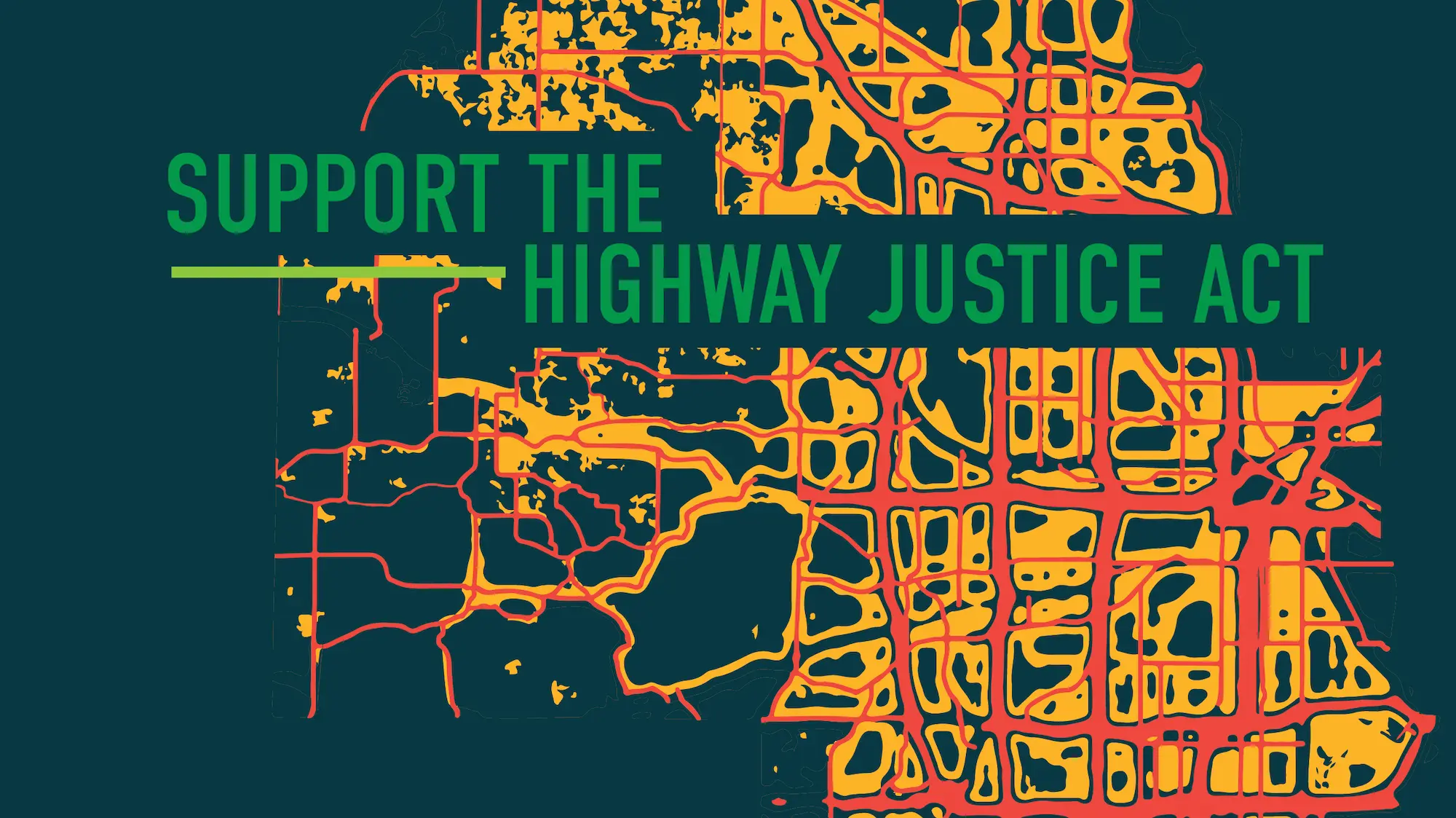- This event has passed.
Highway Justice Day at the Capitol
March 20 @ 11:00 am – 5:00 pm
Join Our Streets for a day at the Capitol as we advocate for transformative policies prioritizing people-first transportation in Minnesota. Our 2025 legislative priorities aim to address the inequities perpetuated by current transportation infrastructure and ensure communities are not further harmed by highways or neglected by the Minnesota Department of Transportation.
Engage with your legislators and make your voice heard on the Highway Justice Act, which would give impacted communities opportunities to meaningfully be a part of transportation decisions, prevent pollution, and increase funding for transit, walking, and biking infrastructure.
Join us when you’re available. We will rally and meet with bill authors 11am-1pm with a break for lunch. Then, individuals may independently meet with representatives between1pm and 5pm.
The Highway Justice Act would:
Give you a meaningful voice over highway projects that impact your life. The Highway Justice Act would reform how major highways are approved to strengthen the power of impacted community members and their elected officials. This law will help ensure that transportation projects benefit, not harm, the communities they are routed through.
Prevent MnDOT from further polluting our communities. The Highway Justice Act would add new community protections, requiring MnDOT to conduct a comprehensive review of the total past, present, and future impacts on a community when planning a major highway project.
Increase available funding for transit, walking and biking without raising taxes. The Highway Justice Act would also clarify Minnesota law to allow trunk highway dollars to be spent on transit, walking and biking infrastructure. This change would help advance a transportation system that works for Minnesotans of every race, age, ability, and income. The Highway Justice Act would reduce traffic congestion, make it easier to get around without a car, and help working people save money, all while reducing harmful emissions.

